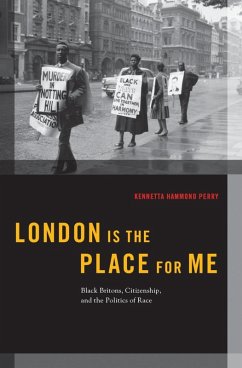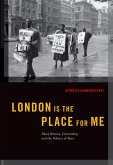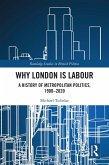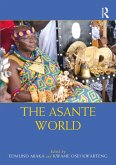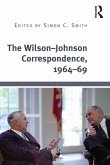Black people in the British Empire have long challenged the notion that "there ain't no black in the Union Jack." For the post-World War II wave of Afro-Caribbean migrants, many of whom had long been subjects of the Empire, claims to a British identity and imperial citizenship were considered to be theirs by birthright. However, while Britain was internationally touted as a paragon of fair play and equal justice, they arrived in a nation that was frequently hostile and unwilling to incorporate Black people into its concept of what it meant to be British. Black Britons therefore confronted the racial politics of British citizenship and became active political agents in challenging anti-Black racism. In a society with a highly racially circumscribed sense of identity-and the laws, customs, and institutions to back it up-Black Britons had to organize and fight to assert their right to belong. In
London Is The Place for Me, Kennetta Hammond Perry explores how Afro-Caribbean migrants navigated the politics of race and citizenship in Britain and reconfigured the boundaries of what it meant to be both Black and British at a critical juncture in the history of Empire and twentieth century transnational race politics. She situates their experience within a broader context of Black imperial and diasporic political participation, and examines the pushback-both legal and physical-that the migrants' presence provoked. Bringing together a variety of sources including calypso music, photographs, migrant narratives, and records of grassroots Black political organizations,
London Is the Place for Me positions Black Britons as part of wider public debates both at home and abroad about citizenship, the meaning of Britishness and the politics of race in the second half of the twentieth century. The United Kingdom's postwar discriminatory curbs on immigration and explosion of racial violence forced White Britons as well as Black to question their perception of Britain as a racially progressive society and, therefore, to question the very foundation of their own identities. Perry's examination expands our understanding of race and the Black experience in Europe and uncovers the critical role that Black people played in the formation of contemporary British society.
Dieser Download kann aus rechtlichen Gründen nur mit Rechnungsadresse in A, B, BG, CY, CZ, D, DK, EW, E, FIN, F, GR, HR, H, IRL, I, LT, L, LR, M, NL, PL, P, R, S, SLO, SK ausgeliefert werden.

